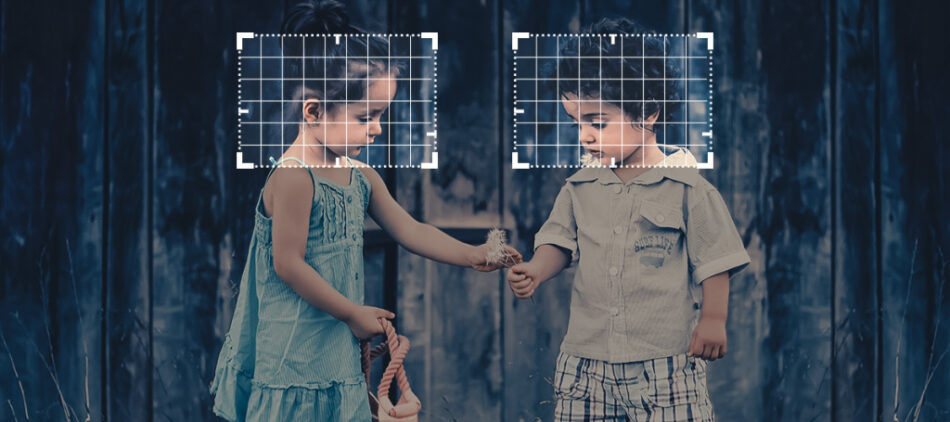
Baby Face: Using Face Detection for Baby Photos
Today’s parents seem to use their smartphone cameras to photograph every second of their babies’ lives. However, once these pictures are taken, they often are forgotten—stored away on cell phones in a format that’s disorganized and difficult to access and enjoy. However, one startup thinks it has found a way to bring these photos back to life by using artificial intelligence (AI) face-detection technology.
Startup Precious is offering the Precious app, which can automatically create photo products like collages, slideshows, animations and time-lapse videos based on libraries of baby pictures, as reported by TechCrunch. To accomplish this, the app employs face-detection to pick out photos of children. The face-detection technology uses heuristic techniques to determine facts such the age and identities of the photographic subjects.
These techniques are sophisticated enough to distinguish between people who resemble each other, such as siblings. The app then detects which pictures have flaws, such as blurriness or dim lighting, and weeds them out. The best of the remaining photos then are used to automatically create appealing collages and albums every day.
“Finding good photos is a solved problem with AI. It’s not hard to do, but the trick now is finding photos that are meaningful,” said Precious co-founder Chris Lau.
Lau noted that the company is not playing up the AI angle as it markets the app to parents.
“Many moms and dads aren’t really techies per say, so saying it is AI-based doesn’t mean they are really going to respond to that. It’s meaningless to them,” Lau noted. “So we show them things that they will get like the time lapse and tell them that it’s easy. That’s the differentiator for them.”
This approach has been successful for Precious’ self-named parent company, with 54,000 paying users after just 16 months of operation, according to TechCrunch. The app costs $4.99 monthly or $39.99 annually.
Precious’ time-lapse creator is a particularly compelling feature, automatically finding and aligning photos of a child’s face and creating a brief video that shows them growing up.
The company plans to migrate its scanning technology onto smartphones, using processing resources on the mobile devices to process photos rather than sending them to the cloud. This is expected to boost performance and save battery life.
Precious also plans to make its accounts sharable, so relatives can collectively gather and organize baby photos. The company also intends to allow users to make and order printed photo albums from the app.
Allen Kim is head of ecosystems at Veritone. He oversees developer partnerships, the cognitive engine ecosystem, and media ingestion for the Veritone platform. Learn more about our platform and join the Veritone developer ecosystem today.